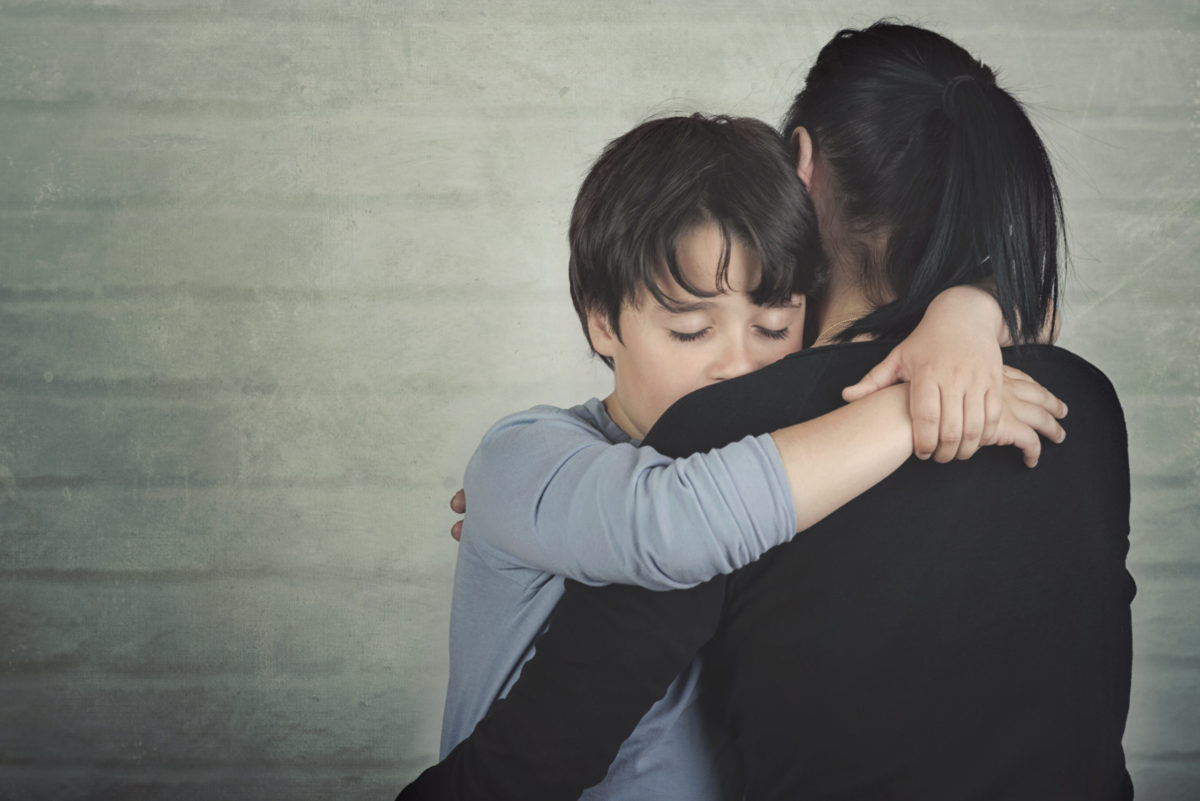It’s completely normal to feel stress and anxiety about the current pandemic. So WellTuned asked Dr. Jill Amos, licensed behavioral health psychologist at BlueCross BlueShield of Tennessee to help us understand how to cope with change and concerns over COVID-19.
How is this pandemic different than other health or livelihood concerns?
Dr. Amos: This is very much a shared experience and we don’t yet have a sense of when this will pass or how seriously it will affect us globally and individually. So, stress levels can change frequently and our reactions may be stronger because the health and livelihood impact is unknown.
What do we need to know about stress and anxiety?
Dr. Amos: Stress can be best described as a temporary response to a particular situation. Anxiety is related to mood and thoughts. Not sleeping well is a good indicator these are affecting you, and you might also notice muscle tension and chest tightness. You might overeat, and if you’re a smoker, you might be doing that more.
How can it affect you?
- If anxiety motivates you to respond by increasing safety measures (i.e. hand-washing, wiping down surfaces, social distancing) that’s not bad in itself.
- If it becomes overwhelming and immobilizing, there is little benefit to these thoughts or feelings.
How can you cope with it?
- Consider limiting news coverage: This might mean not keeping news on all day and relying on news alerts only what you really need to have. If you do nothing but watch news or social media about coronavirus all the time, it’s like binge eating, and you’re going to make yourself mentally sick.
- Talk about other things: Keep the circle of friends or family that you talk to about the pandemic to small, and definitely talk about other things besides this. If the pandemic is all you’re discussing, it can overwhelm you. Spending all your time trying to predict the future also isn’t productive.
- Don’t forget self-care: You can focus on others in your family or circle of friends, but it’s like being on a plane. You’re told to put the oxygen mask on yourself first in order to take care of those with you. That’s good advice.
How can we help children, teens or young adults cope?
Dr. Amos: Isolation felt by this period of quarantine can cause stress and anxiety. Communication is good, and the more children are talking about their concerns, the better. Provide clear and concise information, and let them know what you’re doing to keep the home clean and them safe. Discuss how all family members can do things to prevent illness.
Consider these tips for specific age groups:
- For kids: They’re likely to express boredom and do more whining. Create a daily schedule for schoolwork and activities that can help keep them busy.
- For teens: They may withdraw, seem more moodier, and spend more time on social media or on the computer gaming, etc. Limit screen time as much as possible and keep them engaged in family activities like yard work, planning meals, cooking, or developing a new skill.
- For young adults: They’re likely to be anxious about their future, whether they’re in school or laid off from a job. Try starting conversations about hopes and dreams, and philosophical reflection about the situation to help them process it all.
Anything else?
Dr. Amos: There’s a lot we’ll all learn from this. We’ll learn to move forward even if it feels like we’re standing still right now. But we’ll get through this and learn a lot about ourselves.
For more information on BlueCross BlueShield of Tennessee’s response to COVID-19, visit BCBSTupdates.com
Get more information about specific health terms, topics and conditions to better manage your health on bcbst.com. BlueCross BlueShield of Tennessee members can access wellness-related discounts on fitness products, gym memberships, healthy eating and more through Blue365®. BCBST members can also find tools and resources to help improve health and well-being by logging into BlueAccess and going to the Managing Your Health tab.


